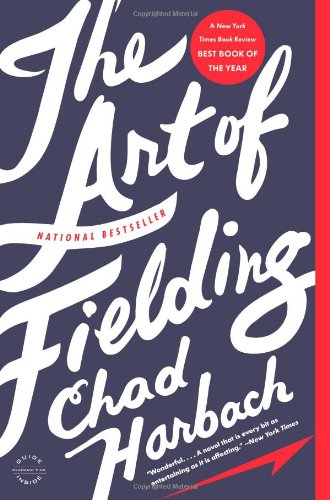My favorite thing about this book was the way in which I received it; while I was cooking dinner one weeknight, my husband said he was running out for some beer. He was gone longer than usual, but I didn’t think much of it. When he arrived home, he had a six-pack of beer, along with the beautiful pink hardcover of My Life in Middlemarch, which had just been released that day. It was such a nice surprise, and felt like such an indulgent treat- a book about one of my favorite books. I was particularly impressed that he had remembered my reading Middlemarch last fall; in fact he had heard an interview with Rebecca Mead on NPR that morning and resolved to go pick up the book for me, knowing it was right up my alley. He was very correct.
Books about books and reading are not everyone’s cup of tea, but I can never get enough of reading about and talking about and hearing about literature. The kind of reflection exercised by Rebecca Mead in My Life in Middlemarch is the same hyper self-aware readership that inspired me to blog about literature in the first place, and so I found her connection to George Eliot’s masterpiece very relatable. I haven’t read Middlemarch enough times to experience Mead’s evolving connection to a novel, but my most similar experience would by the evolution of Jane Austen heroines in my life. {Editor’s Note: it was at this point I started writing a description of Jane Austen heroines and how my perceptions of them have shifted over time. This went on for a good 3000+ word count before I realized what I was doing. I feel closer to Rebecca Mead more than ever}. I was a teenage Elizabeth Bennet, a young adult Emma Woodhouse, and now an older (well, almost 30 anyway) and wiser Anne Elliott.
Like Mead, I found immediate kinship with Dorothea, the heroine of Middlemarch, but in all honesty I related to Fred Vincy more than any other character. I really appreciated her exploration of the central marriages in the novel, and her personal experiences never felt indulgent or self-important. I was surprised by Mead’s depth of exploration and her academician’s approach to the life of George Eliot. For those who love and admire Eliot’s work, My Life in Middlemarch is a nice alternative to the meaty biographies out there. The literary memoir is troublesome genre, and as Joyce Carol Oates points out in her stellar review of My Life in Middlemarch, Rebecca Mead manages to combine analysis with historicism and personal reflection with an unexpected level of sophistication.
A final caveat- My Life in Middlemarch is not going to be enjoyed by anyone who hasn't read Middlemarch, and a recent reading would certainly enhance the experience. There is a decent miniseries on Netflix that adheres very closely to the text, and is a recommended crash course in Middlemarch (if ten hours counts as a crash?). Mead discusses several other George Eliot novels and spoils their endings, so if you're desperate to avoid The Mill on the Floss spoilers, save My Life in Middlemarch for a later date.








